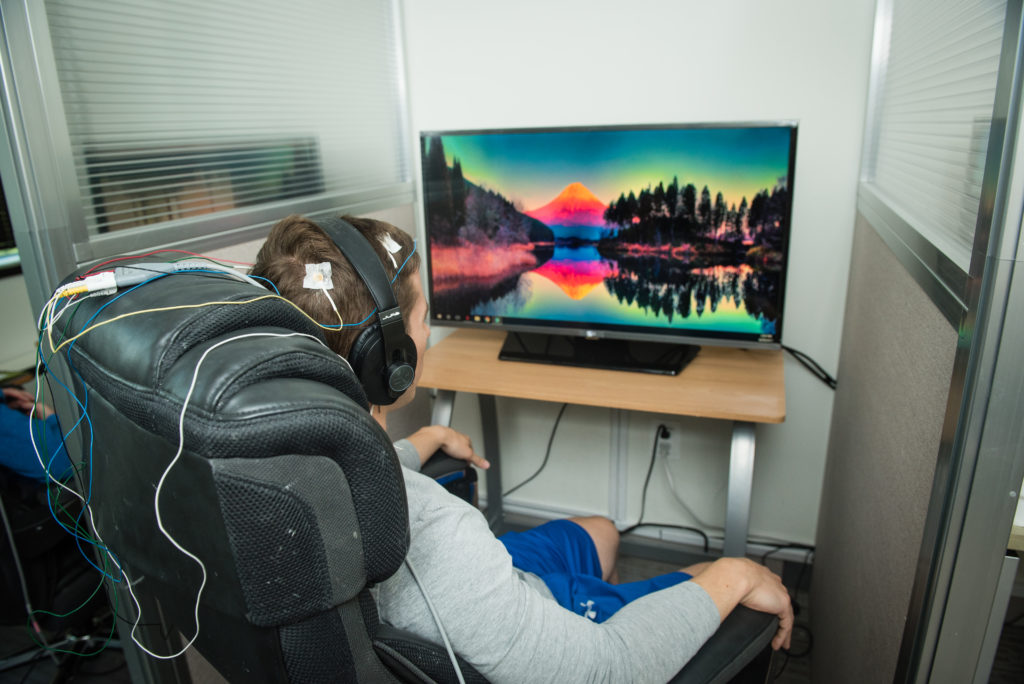Harnessing the Power of Neuro-feedback to Revolutionize ADHD Treatment and Improve Cognitive Performance
Wiki Article
Neurofeedback is an novel approach that is growing interest in the management of ADHD. This strategy involves using immediate displays of neural activity to assist patients learn how to regulate their neural activity. By providing responses on brain waves, neurofeedback seeks to enhance focus, attention, and general mental performance. This method is especially attractive for those looking for alternatives to conventional medication, as it provides a non-invasive way to address the challenges associated with ADHD.
The procedure of neurofeedback generally involves placing electrodes on the head to assess brain function. These electrodes detect electrical signals produced by the brain and send this information to a computer. The participant then participates in tasks, such as engaging in a game or viewing a movie, that are affected by their brain function. When the brain functions in a desired way, the activity or movie responds positively, offering instant feedback. This assists individuals learn to control their neural waves, encouraging improved concentration and lessening impulsivity over the long term.
Studies has shown that neurofeedback can result to significant gains in symptoms of ADHD. Research suggest that individuals who experience neurofeedback training often see improved focus spans, lessened hyperactivity, and better emotional control. These benefits can result to better performance in education and at home, as well as improved relationships with peers and family members. As a result, neurofeedback is emerging a important tool for guardians and teachers looking for efficient strategies to support kids with ADHD.

In addition to its benefits for ADHD, neurofeedback may also improve cognitive performance in people without the disorder. Many people seek neurofeedback to enhance their recall, learning abilities, and general mental clarity. By training the neural system to function more efficiently, individuals can experience enhanced productivity and innovation. This makes neurofeedback an attractive choice not only for those with ADHD but also for those looking to boost their cognitive capabilities in daily life.
While neurofeedback shows potential, it is crucial to approach this therapy with practical expectations. Outcomes can differ from person to person, and it may take time to see significant improvements. It is also important to work with qualified professionals who can guide the neurofeedback process properly. As research continues to investigate the full potential of neurofeedback, it possesses the promise of revolutionizing ADHD treatment and enhancing mental functioning for many Full Report individuals.